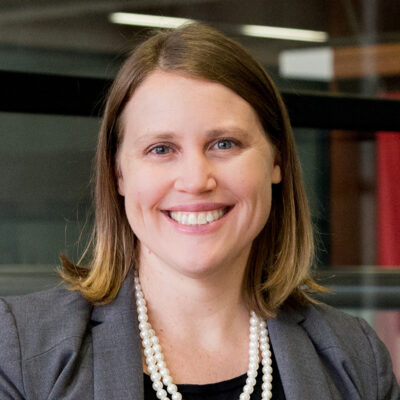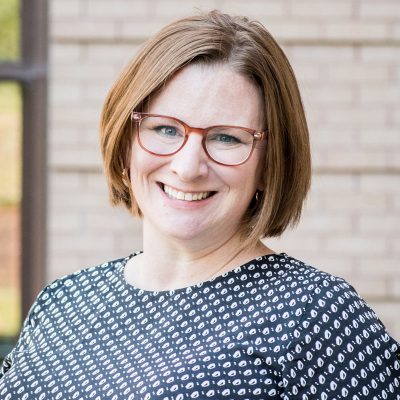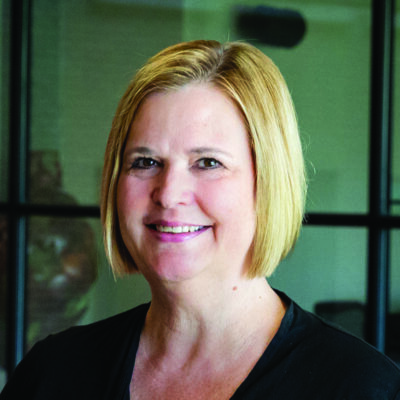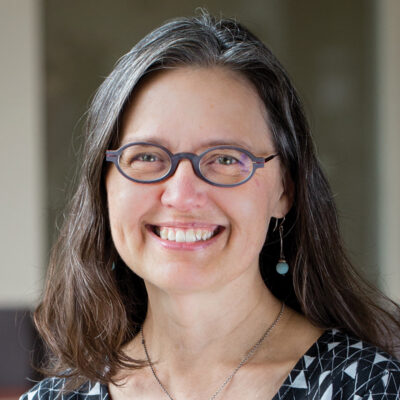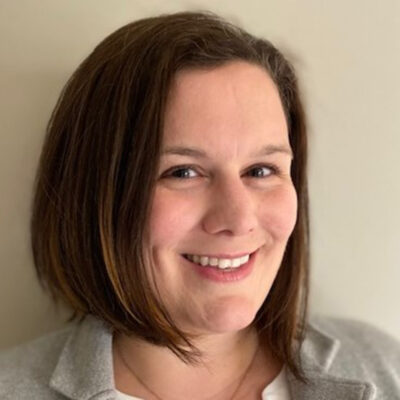Renew for 2022
This institute will offer PreK-12 educators working with students with disabilities or students who struggle with reading the opportunity to learn innovative strategies to renew their literacy teaching practices for the 2022-23 school year. Participants will attend three professional development sessions and engage in a Community of Practice meeting to foster the integration of information across sessions and facilitate planning for the upcoming school year. Community of Practice sessions will be offered during the school year to provide participants with ongoing support for implementation.
The program will include a blend of speakers, workshops, discussions, and opportunities for collaborative work led by faculty members and graduate students in the School of Education’s Department of Rehabilitation Psychology and Special Education.
Who Should Apply and How?
PreK-12 educators who teach reading to students with disabilities or students who struggle with reading. You can apply by filling out our online application. Applications are considered on a rolling basis.
Schedule, keynote details, and session descriptions are available below.
When: June 27-29, 2022
Where: School of Education Building | 1000 Bascom Mall (Monday night)
Fluno Center | 601 University Ave. (Tuesday and Wednesday)
Cost: $50 per person* (without lodging) | $75 per person* (with lodging)
This includes registration for the 2-day Institute in June, meals, lodging at a hotel on campus, professional books, and other supporting materials across the 2022-23 school year.
*This special rate is made possible by the generosity of The Nathan Family and the Sandra Alpert Nathan Memorial Summer Institute Fund.
This is an accordion element with a series of buttons that open and close related content panels.
Subscribe for updates about the Sandra Alpert Nathan Summer Literacy Institute
Schedule
Monday, June 27th
Location: School of Education Building
1000 Bascom Mall
- 5:00-5:30 PM: Registration
- 5:30-6:00 PM: Reception and Opening Presentation
- 6:00-7:30 PM: Keynote Address
Tuesday, June 28th
Location: Fluno Center
601 University Ave.
- 8:00-8:30 AM: Breakfast
- 8:45-11:45 AM: Session 1
- 11:45 AM-12:30 PM: Lunch
- 12:45-1:30 PM: General Session
- 1:45-4:45 PM: Session 2
- 5:30 PM: Dinner at UW Alumni Lounge
Wednesday, June 29th
Location: Fluno Center
601 University Ave.
- 8:00-8:30 AM: Breakfast
- 8:45-11:45 AM: Session 3
- 11:45 AM-12:30 PM: Lunch
- 12:45-3:00 PM: Community of Practice Session
- 3:00 PM: Depart Madison
Keynote Details
Keynote Address Presented by Robert Savage, Professor and Dean of the Faculty of Education at York University, Toronto
ABRACADABRA: A Free Access Evidence-based Web Resource to Support Effective Early Literacy Teaching
There is now much evidence that technology, if used judiciously, can facilitate early literacy development. In the keynote address, Dean Savage will describe the development of and supporting research for one such tool, ABRACADABRA (ABRA), that has been undertaken over the past three decades. ABRA is a free access tool with a range of associated resources for parents and teachers.
Dean Savage will first describe what we have known for some time about effective literacy teaching and then explain the cyclical co-development of ABRA with teachers as well as the underlying research findings from increasingly large-scaled studies worldwide that have driven its content. These studies speak to the efficacy and effectiveness of ABRA for typical children and bi- and multilingual children, English language learners, children from low socio-economic status contexts, children with special educational needs, and learners from Indigenous communities.
A key aspect of this work is the idea that evidence-based technology is not a ‘magic bullet’ or a replacement for effective teachers, but rather a resource that can be deployed expertly by teachers who understand reading deeply and in the context of a rich, wider, high-quality language arts program. In such ways, ABRA will very often add visible value to literacy learning.
Session Descriptions
This is an accordion element with a series of buttons that open and close related content panels.
General Session Description
TeachingBooks, provided through BadgerLink, offers connections to books with a vetted collection of resources so that all Wisconsin students have equitable access. In the general session, participants will explore titles on TeachingBooks that have lessons designed to scaffold instruction, guide reflection, and build connections to text in differentiated classrooms. Presented by: Mary Ellen Graf, MAT, Implementation and Training Specialist, TeachingBooks and Book Connections
Making Text Accessible for Students Reading Below Grade Level
Participants will gain experience adapting text and embedding instructional supports to meet specific learning needs. Using universal design for learning strategies, participants will learn to provide multiple means for engagement, representation, and expression so that grade-level texts are accessible to a broad range of students, including students with disabilities and complex support needs. Presented by: Andrea Ruppar, Ph.D., Associate Professor, Department of Rehabilitation Psychology and Special Education, UW–Madison, and Samantha Gross Toews, Ph.D., Assistant Professor, Department of Special Education, California State University-Northridge
Selecting Engaging and Accessible Texts
Selecting engaging and accessible texts ensures that all learners are provided with idea- and content-rich texts for independent and instructional reading. Participants will explore resources to identify texts and learn instructional strategies such as book tasting and literature circles to promote choice-driven independent reading for students with disabilities or those who struggle with reading. Presented by: Lauren Zepp, M.S., Doctoral Candidate, Department of Rehabilitation Psychology and Special Education, UW–Madison
Theory of Mind and Literacy
Theory of Mind (ToM) is the understanding of one’s own and other’s mental states. ToM is involved in the process of becoming a capable reader and writer, including making inferences, understanding character motivation, and developing a sense of audience. Participants will learn specific instructional strategies for fostering the development of ToM through reading and writing instruction. Presented by: Beverly Trezek, Ph.D., Associate Professor and Tashia F. Morgridge Chair in Reading, Department of Rehabilitation Psychology and Special Education, UW–Madison and Connie Mayer, Ed.D., Professor, Faculty of Education, York University, Toronto
Community of Practice
After attending the three professional development sessions, participants will engage in a Community of Practice meeting to foster the integration of information across sessions and facilitate planning for the upcoming school year. A follow-up Community of Practice session will be offered in mid-October to provide participants with on-going support for implementation. Facilitated by: Beverly Trezek, Ph.D., Associate Professor, and Tashia F. Morgridge Chair in Reading, Department of Rehabilitation Psychology and Special Education and Lauren Zepp, M.S., Doctoral Candidate, Department of Rehabilitation Psychology and Special Education, UW–Madison
Contact
If you have questions about the Sandra Alpert Nathan Summer Literacy Institute, please email PLACE Conference and Event Planning Services at conferences@education.wisc.edu.


